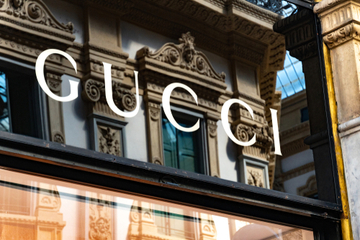
Did you know the world’s top 15 luxury brands generate more than 45 million web searches[1] per year?
Gucci, ranked as the number one most popular luxury brand online based on Deloitte’s Global Powers of Luxury Goods 2018 study, has approximately 9.5 million web searches[2] per year alone.
Luxury brands, resellers, and even counterfeiters are competing to win the top organic positions for these searches. This means that SEO is not just an opportunity for luxury brands, but an imperative. SEO is a highly strategic and effective way to fend off the competition and maintain a vital source of traffic to luxury brands’ websites.
However, before you can get to work on a rock-solid SEO campaign, you need to understand the mindset of the luxury goods consumer.
In this first of a three-part luxury search marketing series, I’ll dive into the consumer mindset in the luxury vertical. In the follow-up articles, we’ll discuss how to strategize and execute SEO campaigns based on this mindset and other aspects of the luxury industry.
Why do we buy luxury brands? The psychology driving our purchase decisions
The world’s 100 largest luxury goods companies generated over $217 billion in sales[3] based on Deloitte’s Global Powers of Luxury Goods 2018 study.
That’s no small amount. As consumers we buy these goods for a variety of reasons. My own experience with luxury goods offers some helpful insight into why consumers purchase luxury items.
When I was growing up, wearing brands like Liz Claiborne, Reebok, and Guess meant you were one of the cool kids. My first “luxury” purchase was a Liz Claiborne purse, and my grandmother bought me a matching

